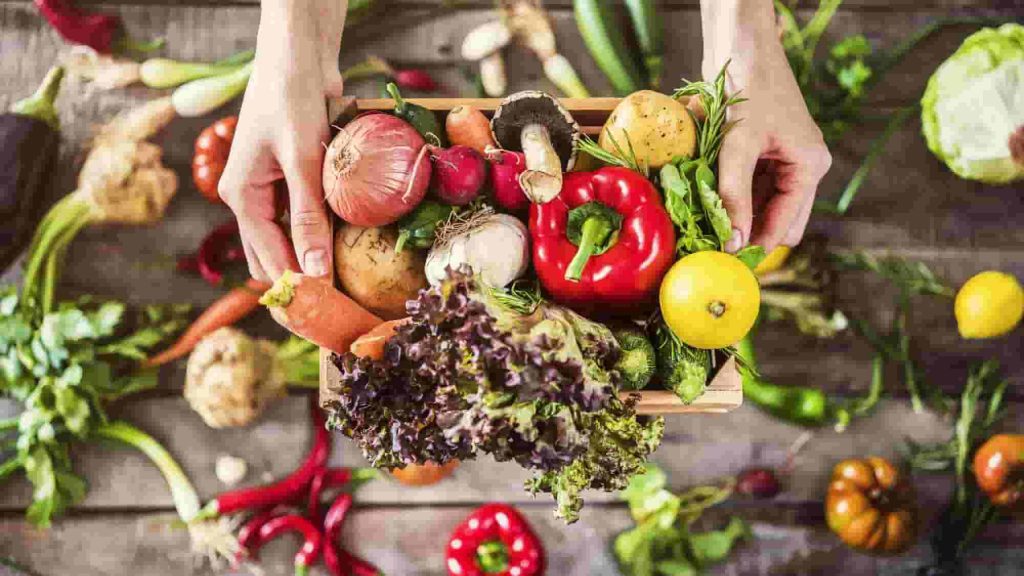Do you want to avoid pesticides on your food, or do you want to lose weight fast? These are just some of the questions natural versus organic food can bring to light. But when deciding which food is best for you, the difference between organic and natural is simple — and you can find it on the label.
But how do you know what words to look for in your food?
Below, we will break down the organic and natural food you have to look out for. Read on to find out how to get the most out of your groceries.
What Is Organic Food?
Organic foods are grown without synthetic pesticides, hormones, or fertilizers. They are produced using natural methods that exclude artificial additives and other chemicals. They are better for the environment, as they are grown without synthetic agricultural chemicals.
These foods are also thought to be more nutritious than produced foods. They have higher levels of antioxidants, vitamins, minerals, and other essential nutrients. They are free of modified organisms (GMOs) and are often produced to conserve water and soil health.
Organic food, such as meat, is derived from animals raised without hormones, antibiotics, food additives, or other drugs. An organic butcher specializes in these naturally raised meats. They ensure that their products are produced and are free of anything that can harm the health of their customers.
What Is Natural Food?
Natural food is a vital part of leading a healthy lifestyle. They are grown and produced and are free of preservatives, artificial colors or flavors, and added hormones. They are fresh fruits, vegetables, fish, eggs, meat, nuts, and other animal products and grains.
Natural foods can also be prepared with minimal cooking or none at all. Eating natural foods can help reduce the risk of severe medical conditions like obesity, heart disease, and type 2 diabetes.
Eating a diet rich in natural foods also provides more nutrients, fiber, vitamins, and minerals than processed foods. It also allows us to enjoy the full flavor of our food. Understanding and committing to eating natural foods can lead to a healthier diet and better health.
Cost Considerations and Labeling
Both organic and natural foods can be found in stores, but organic food often commands a higher price. Natural foods are not as expensive because of the lack of production standards. It’s vital to consider cost when selecting the food that best fits your budget.
Also, organic food is more expensive due to the additional certification requirements and standards that must be met. But it can be worth the cost if you seek healthier options.
When shopping for food, it is important to be aware of food labels, as this can be crucial in distinguishing between organic and natural foods. The USDA has established a labeling requirement for organic food, making it easier to identify organic products in stores. Organic food must have an official organic food certification logo.
Natural food labels are not as regulated as organic food labels. However, many companies have modeled their labeling around the same concept. Also, pay attention to other key label information, such as the country of origin.
Uncover the Difference Between Organic and Natural Food
The difference between organic and natural food production is vital to creating a sustainable future. Consumers can now buy and support these food products to ensure they get the best quality and healthiest food options.
Make a conscious decision to choose organic and natural food today.
If you want to read more articles, visit our daily blog post.


